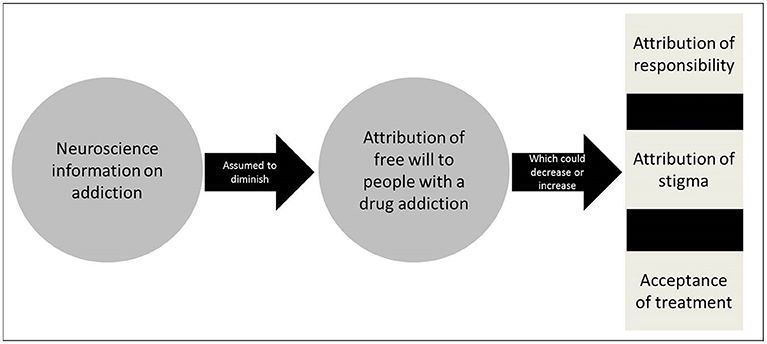The difficulty also has to do with how the brain when deprived of the drugs. Why then do we expect the brains of substances abusers to behave normally since we know that their function has also been altered by disease.
Https Www Jscimedcentral Com Substanceabuse Substanceabuse 5 1064 Pdf
We do not expect the hearts of patients with heart failure to behave normally we understand that their function has been altered by disease.

Drug addiction is a disease article. The first known mention of alcohol and drug addiction as a treatable disease came in 1784. Addiction clinically referred to as a substance use disorder is a complex disease of the brain and body that involves compulsive use of one or more substances despite serious health and social consequences. Addiction has three main characteristics that cause it to be considered a disease.
First it has a lifelong course characterized by frequent relapses cross addiction and a. In some cases criminal or anti-social behaviour occurs when the person is under the influence of a drug and long. Addiction has been described as a medical disorder that affects the brain and changes behavior.
Self-monitoring delaying reward and integrating whatever the intellect tells you is important with what the libido is telling you. The National Institute on Drug Abuse calls drug addiction a disease that will waste your brain This is our governments official policy. In other words addiction is a disease caused by substance abuse which causes a persons brain to produce changes that affect a persons health in these ways.
Repeated exposure to addictive substances changes the molecules and neurochemistry of the addict. But no its not end state-Marc Lewis We know that treatment isnt required by most to overcome addiction so in that sense its not a disease. The prefrontal cortex has several important jobs.
However it wasnt until the creation of Alcoholics Anonymous in the 1930s that the notion became widely considered in the world of science and in public opinion. Around the globe aspiring health professionals treating substance abuse are indoctrinated with this belief especially after the idea became popular in the 1990s. This led to breakthroughs in research and treatment methods.
Addiction is a chronic illness accompanied by significant changes in the brain. Many scientists say addicts have literally lost control and that they suffer from a disease. Addiction does not occur because of moral weakness a lack of willpower or an unwillingness to stop.
And government-funded researchers like Stephen Dewey of Brookhaven National Labs tend to agree. Addiction is a disease that affects your brain and behavior. When youre addicted to drugs you cant resist the urge to use them no matter how much.
Addiction is a chronic relapsing disease that we must treat as we do other such diseases. The notion that drug addiction is a brain disease has become axiomatic. Its popularity extends far beyond the hallowed halls of academia.
In a November 2016 report former Surgeon General Vivek Murthy MD publicly confirmed what researchers have known for years. According to Nora Volkow head of the National Institute on Drug Abuse addiction is a chronic relapsing brain disease and that definition has been adopted by. Drug addiction in the simplest terms is the strong compulsion to get and use substances even though a number of undesirable and dangerous consequences are likely to occur.
Saying addiction is a disease suggests that the brain can no longer changethat its an end state. Substance abuse also known as drug abuse is the use of a drug in amounts or by methods which are harmful to the individual or othersIt is a form of substance-related disorderDiffering definitions of drug abuse are used in public health medical and criminal justice contexts. An addicted persons impaired ability to stop using drugs or alcohol has to do with deficits in the function of the prefrontal cortex the part of the brain involved in executive function.
This approach stands in stark contrast to the current received view at least as promulgated by the National Institute on Drug Abuse NIDA and the National Institute on Alcohol Abuse and Alcoholism NIAAA that drug abuse is a disease specifically Addiction is a chronic often relapsing brain diseasesimilar to other chronic relapsing diseases such as diabetes asthma or heart disease. The way a person with addiction reacts to events and situations in life and the new behaviors gained from these result from the disease. Addiction disrupts regions of the brain that are responsible for reward motivation learning judgment and memory.
Addiction-as-disease or addiction-as-choice may be better defined by delineating initial experimentation with addictive drugs from ongoing drug use. And the changes in the brain that occur because of addiction are not irreversible.
